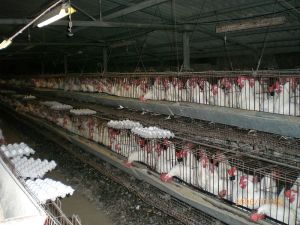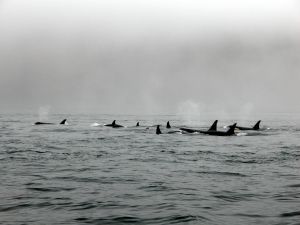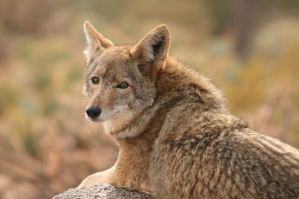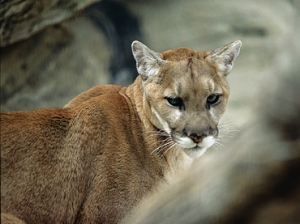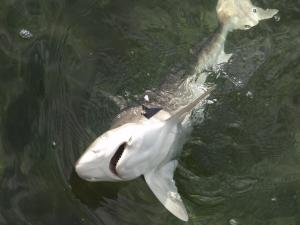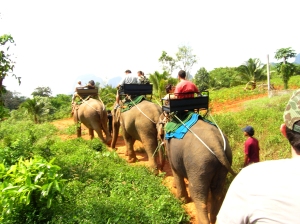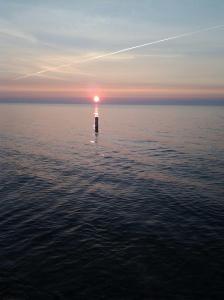
If passed, H.R. 223 would allow for the cleanup and restoration of degraded habitats in the Great Lakes region.
Last month, H.R. 223: Great Lakes Restoration Initiative Act of 2015, was introduced and sponsored by Representative David Joyce (R) of Ohio. If passed, this bill would address the water quality of the Great Lakes, which contains 1/5 of the world’s fresh-water supply. The Great Lakes region provides fresh drinking water to over 40 million people, and provides jobs to approximately 1.5 million people. This water supply is undoubtedly an important resource to the community, but is also home to many species of wildlife and other living species that are suffering from pollutants.
If passed, H.R. 223 would allow Federal and non-Federal partners to work together to prevent and control existing invasive species, such as Asian carp, restore habitats in areas polluted by nutrient runoff and algal blooms, and reestablish healthy wetlands. Funding for this initiative would allow 300 million dollars annually through 2019, which, according to Joyce, would not add debt to the federal budget. This bill would promote a healthier ecosystem and support commerce, tourism, transportation, and agriculture in the Great Lakes region.
Take Action: Residents of the Great Lakes region, contact you legislators and urge them to support H.R. 223 for the sake of healthy habitats and a growing economy.


